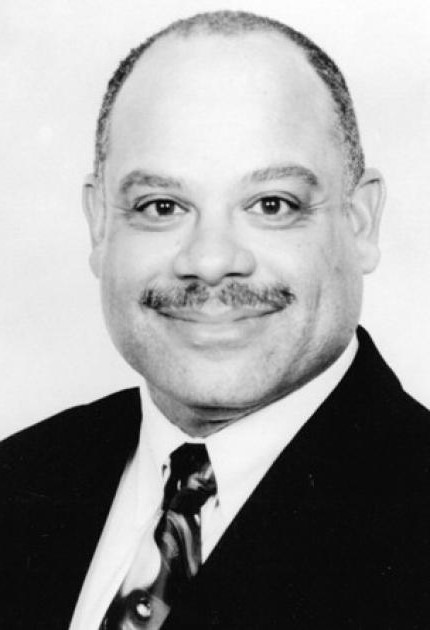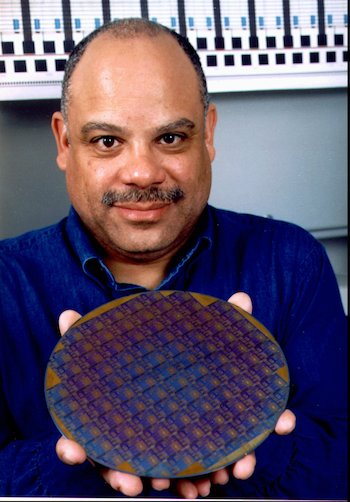Introduction
Computers have become an integral part of modern life, transforming the way we work, communicate, and live. However, behind every great invention is a team of brilliant minds, and one of the pioneers in computer technology is Mark Dean. Known for his significant contributions to the development of the personal computer, Dr. Dean’s work has impacted the world in countless ways. In this profile, we explore the life and achievements of the man who helped create the modern computer: Mark Dean.

Mark Dean
Life of Mark Dean
Mark Dean is a computer engineer and inventor who is best known for his contributions to the development of the personal computer. He was born on March 2, 1957, in Jefferson City, Tennessee, and grew up in a family of farmers. From a young age, he had a passion for science, and he spent much of his free time tinkering with electronics.
Dean received his Bachelor’s degree in Electrical Engineering from the University of Tennessee in 1979. He then went on to earn his Master’s and Ph.D. degrees in Electrical Engineering from Stanford University in 1982 and 1992, respectively.
In 1980, Dean joined IBM, where he would spend the next three decades of his career. He quickly made a name for himself, and in 1995, he was named an IBM Fellow, the company’s highest technical honor. Dean is known for his work on the development of the personal computer, including the design of the ISA bus, which allowed multiple devices to be connected to a single computer.
In addition to his work on personal computers, Dean has also made significant contributions to the development of other technologies, including the first gigahertz chip, and the first color PC monitor.
Dean has received numerous awards for his contributions to the field of computer engineering, including induction into the National Inventors Hall of Fame in 1997. He has also been recognized for his efforts to promote diversity in the technology industry, having co-founded the National Society of Black Engineers.
In 2013, Dean retired from IBM to become a professor at the University of Tennessee. He has continued to innovate and develop new technologies, and he holds more than 20 patents.

Mark Dean Displays a Wafer Containing 1000 MHz Microprocessors
Throughout his career, Dean has been a trailblazer for diversity and inclusion in the technology industry, serving as a mentor and role model for many aspiring engineers. His work has impacted the lives of millions of people around the world, and he remains an inspiration to many as a pioneer in the field of computer engineering.
Contributions
Mark Dean has received numerous awards and accolades for his contributions to the field of computer engineering. Here are some of his notable accomplishments:
-
- In 1995, Dean was named an IBM Fellow, the company’s highest technical honor. This honor recognized his significant contributions to the development of the personal computer and other technologies.
-
- In 1997, he was inducted into the National Inventors Hall of Fame. This recognition was for his work on the development of the personal computer, including the design of the ISA bus, which allowed multiple devices to be connected to a single computer.
-
- In 1999, Dean was awarded the Black Engineer of the Year President’s Award. This award recognized his contributions to the field of computer engineering and his advocacy for diversity and inclusion in the technology industry.
-
- In 2011, he was inducted into the National Academy of Engineering, one of the highest professional honors in the field of engineering. This honor recognized his contributions to the development of the personal computer, as well as other technologies such as the first gigahertz chip and the first color PC monitor.
Thoughts
Mark Dean’s contributions to the development of the modern computer cannot be overstated. His work on the ISA bus, co-inventing the first PC, and pioneering the design of hardware and software systems have had a profound impact on the field of computer engineering. Dean’s passion for diversity and inclusion has also been an important driving force in inspiring and supporting the next generation of underrepresented engineers. Mark Dean’s legacy will continue to shape the technology industry for years to come.
